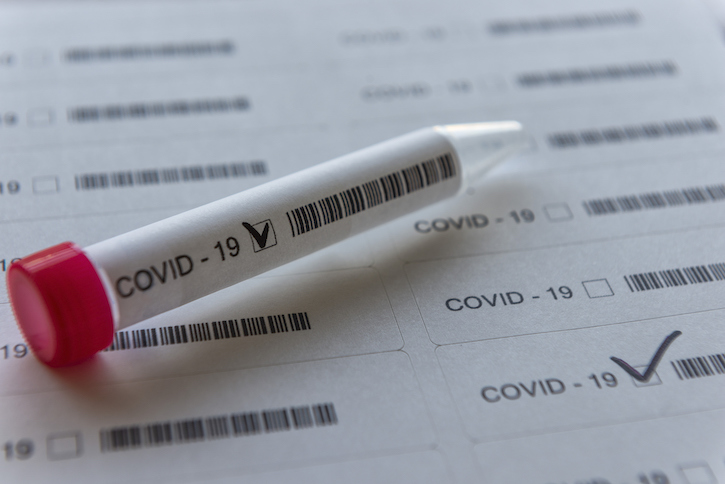
Photo by Getty Images
George Mason University this week is testing all 3,000 residential students for COVID-19, an effort intended to measure the impact of the Labor Day holiday and manage a likely spike in cases on campuses.
Mason President Gregory Washington announced the effort on Sept. 11, citing the need to stay ahead of the virus. All residential students received saliva test kits this week, which they were asked to complete. The tests are FDA-approved and are being analyzed by Rutgers University’s Infinite Biologics laboratory. Results are expected early next week.
Mason has been recognized for having the lowest number of positive cases among large public research universities in Virginia. But Washington said that can change rapidly.
“We expect the long Labor Day weekend will have some impact on our campuses, and we must be prepared for an increase in cases,” Washington said. “It is important that we continually recalibrate and evolve our testing strategy as we make every effort to stay a step ahead of this virus.”
Mason has had a comprehensive testing strategy since announcing that it would bring students back to campus for the fall semester. The university requested all residential students submit a negative COVID test result before moving in. Residential students are required to participate in ongoing surveillance testing, and employees are encouraged to participate as well. Students who are symptomatic can receive a diagnostic test on campus. Sampling for tests is conducted at the Àngel Cabrera Global Center.
In addition, the university has required all students, employees and visitors on campus to participate in the Mason COVID Health √TM.
The community can monitor the number of cases at Mason through the university’s COVID dashboard.
“Regular testing of our community remains one of our greatest tools in the effort to mitigate the spread of COVID on our campus,” said Julie Zobel, assistant vice president for Safety, Emergency and Enterprise Risk Management. “It’s important for everyone to participate and do their part to follow our safety guidelines.”
